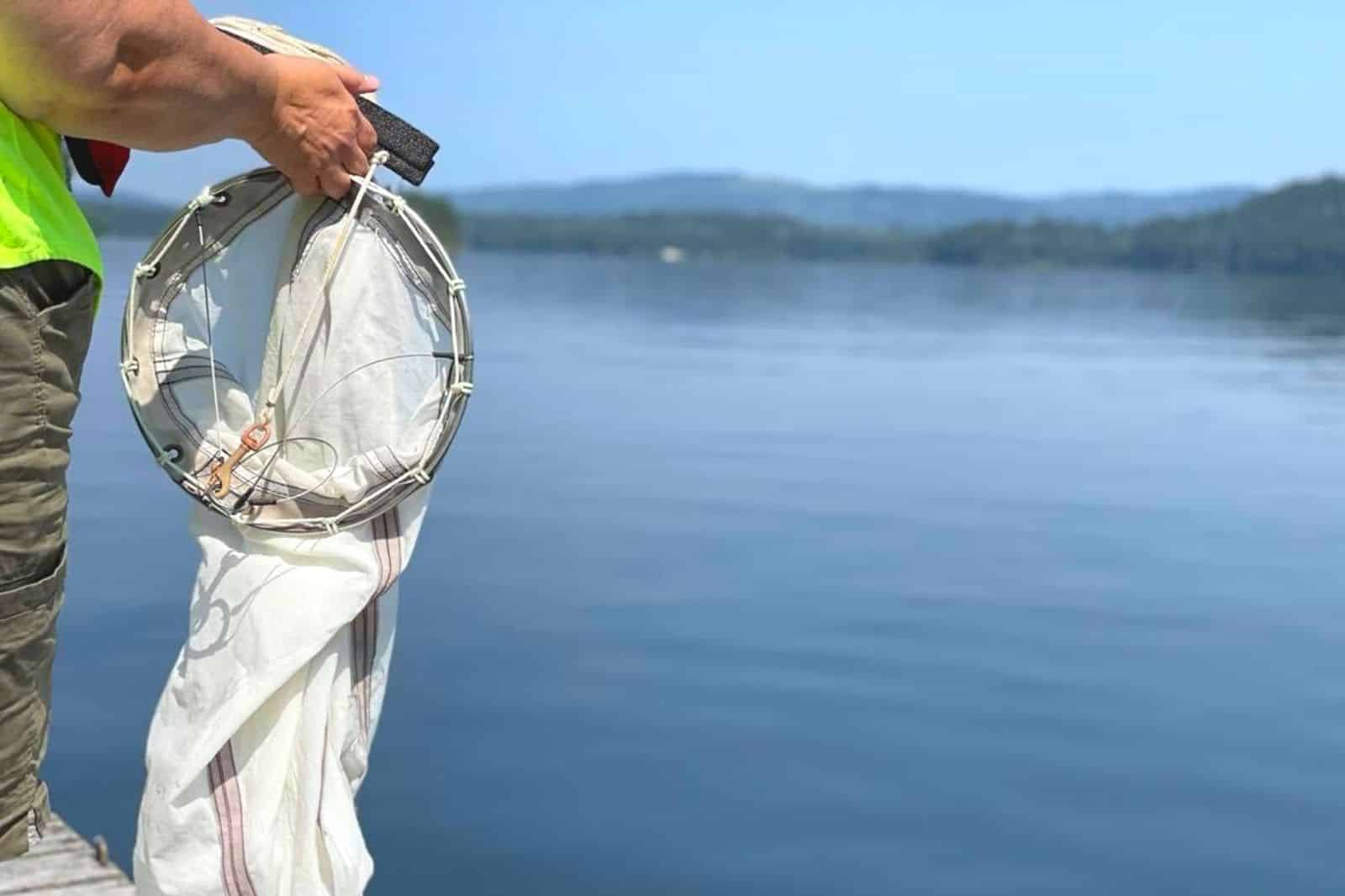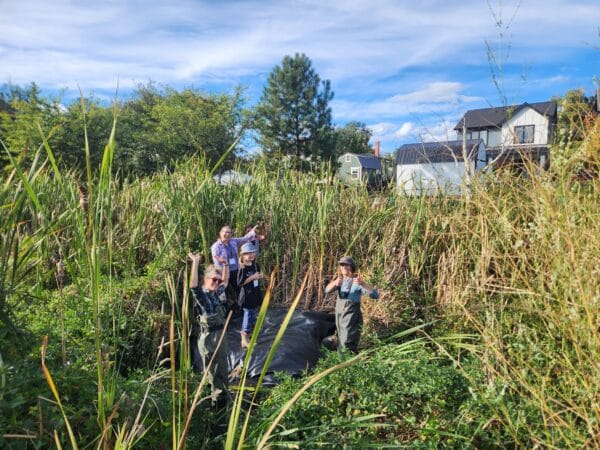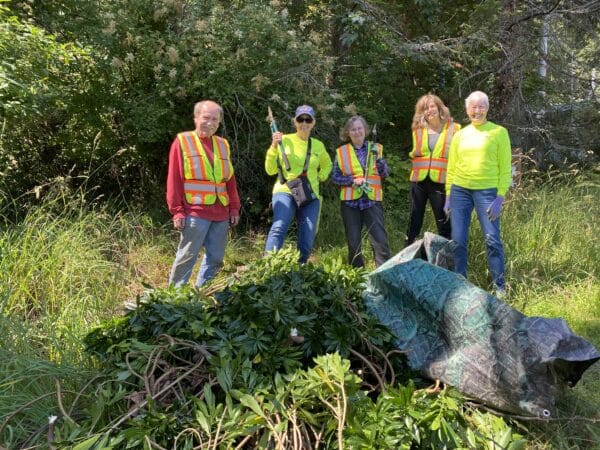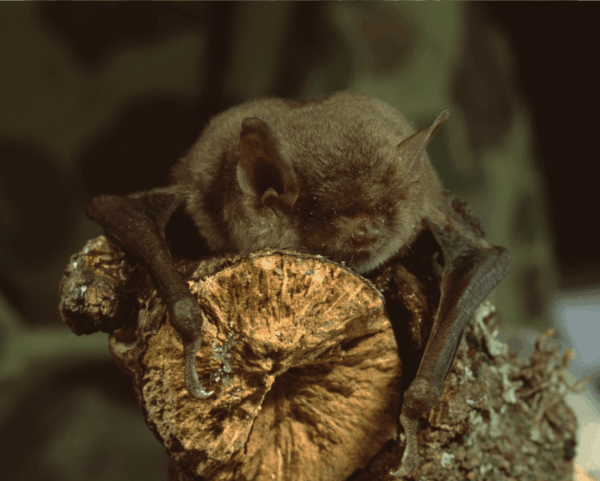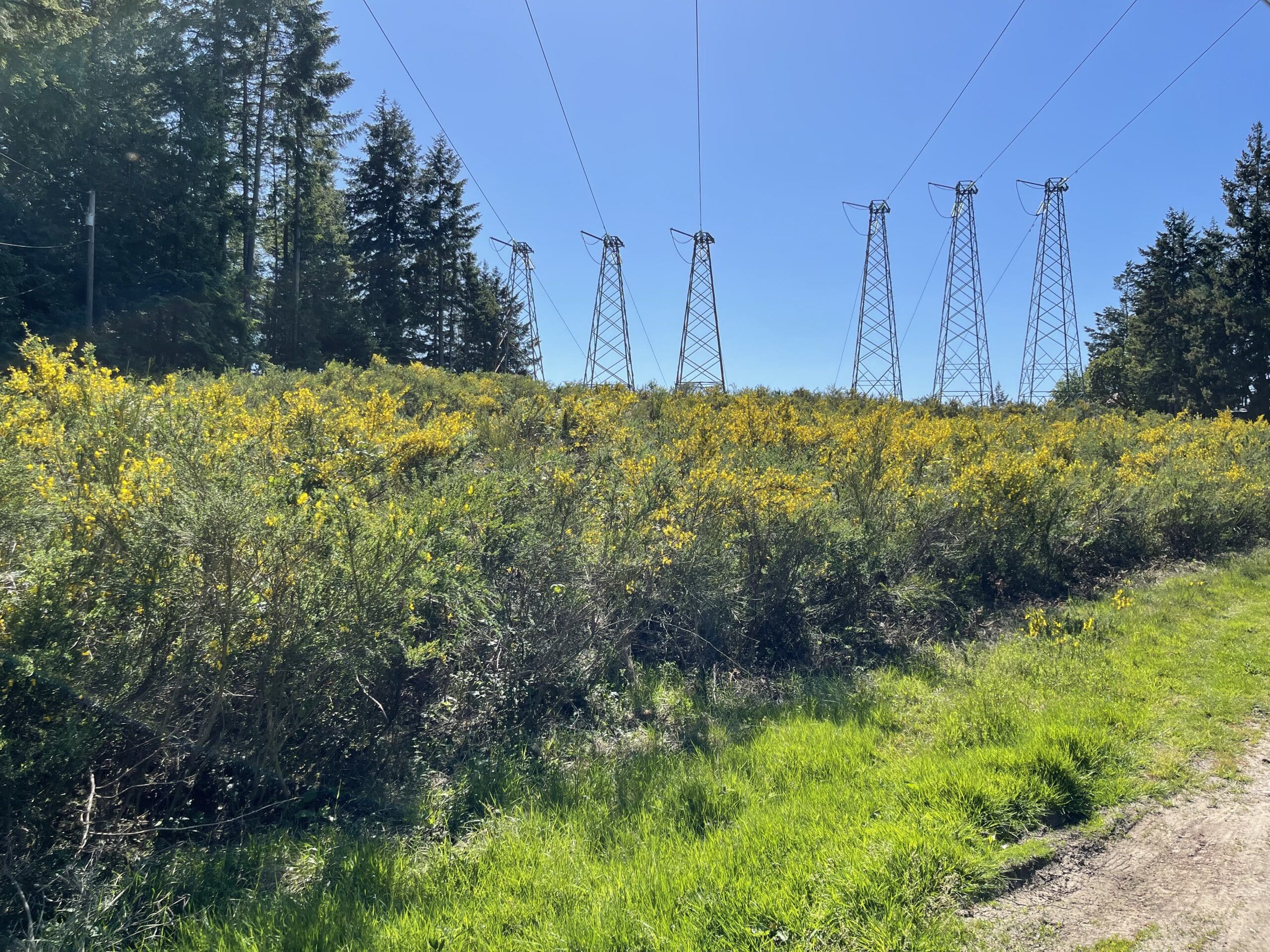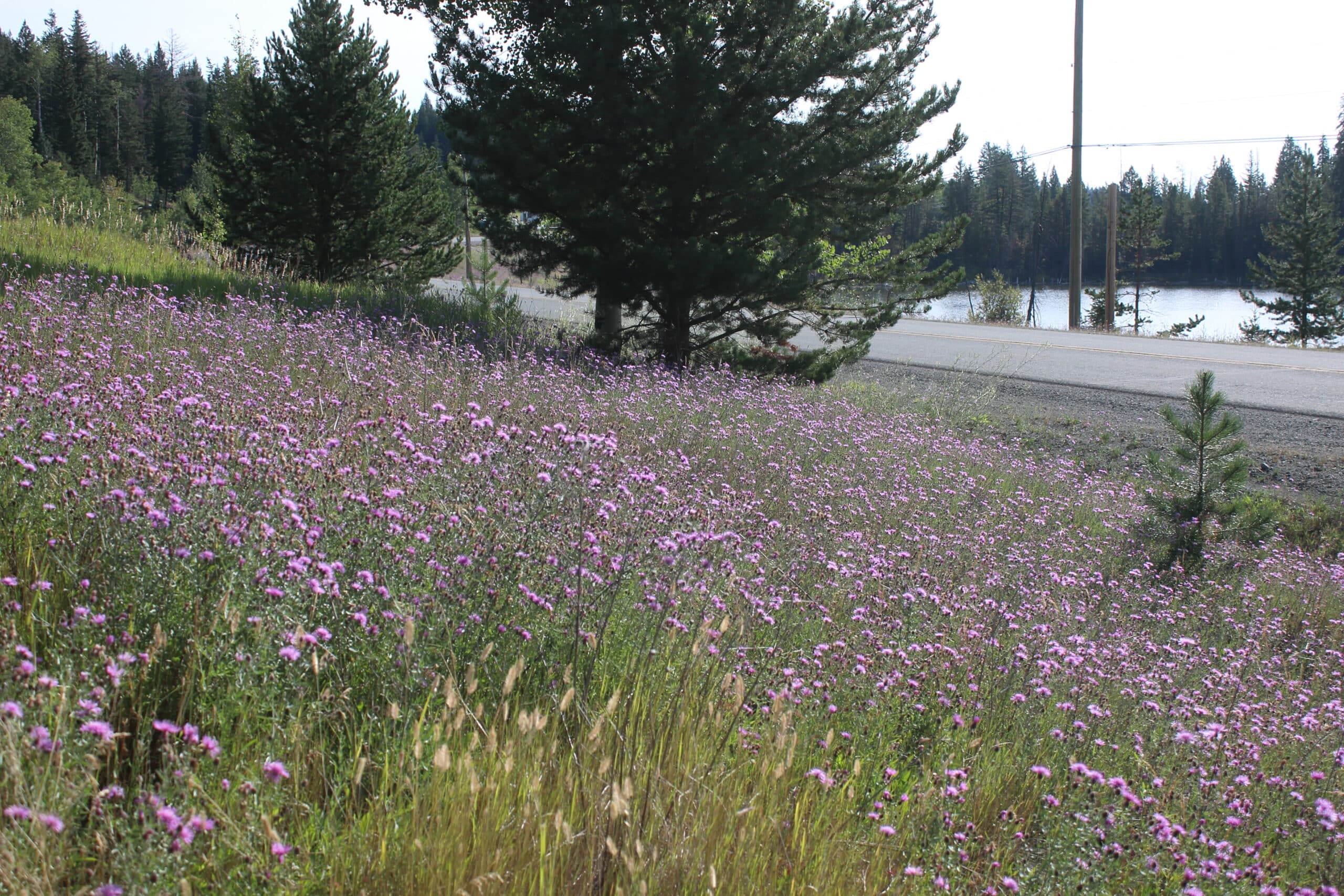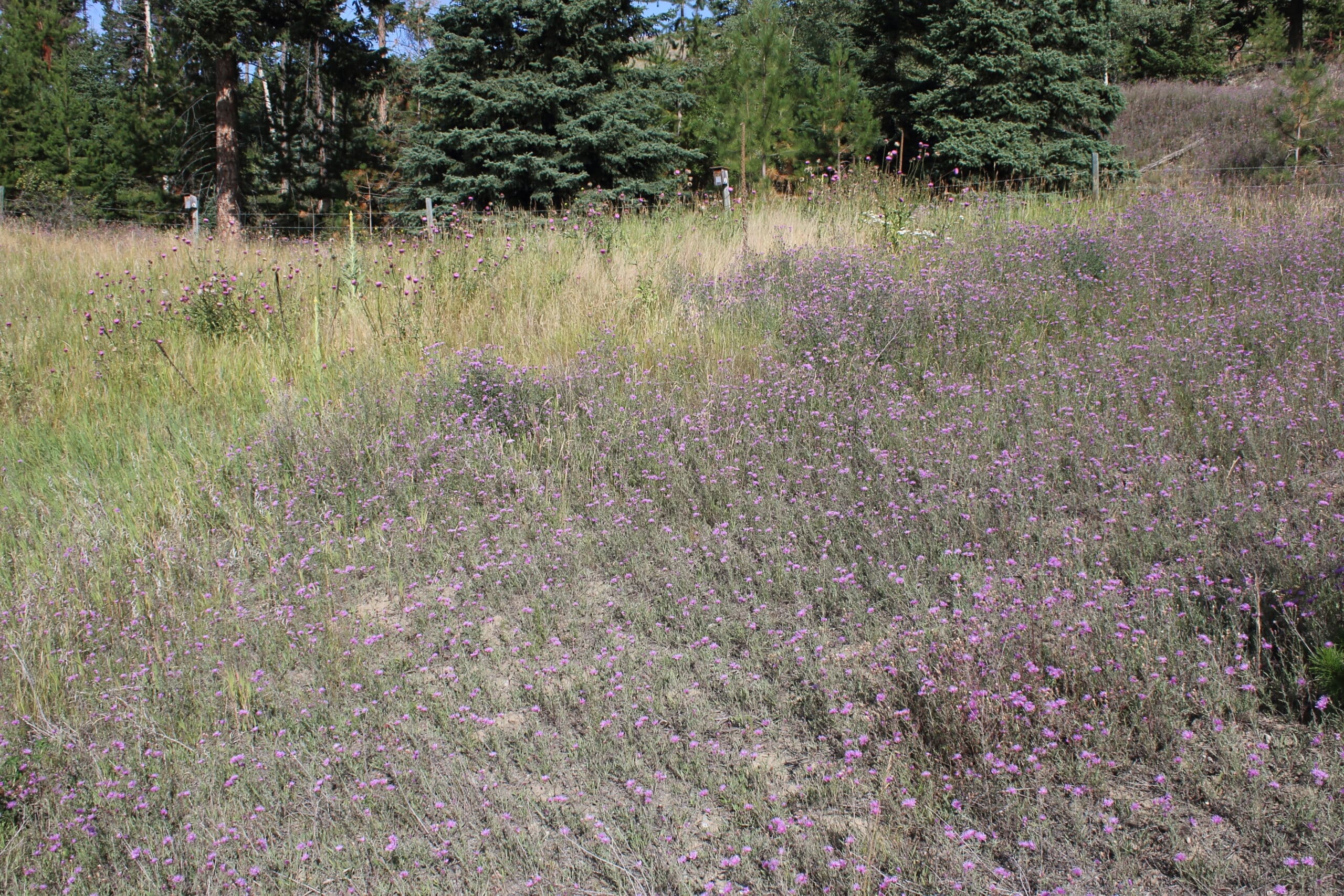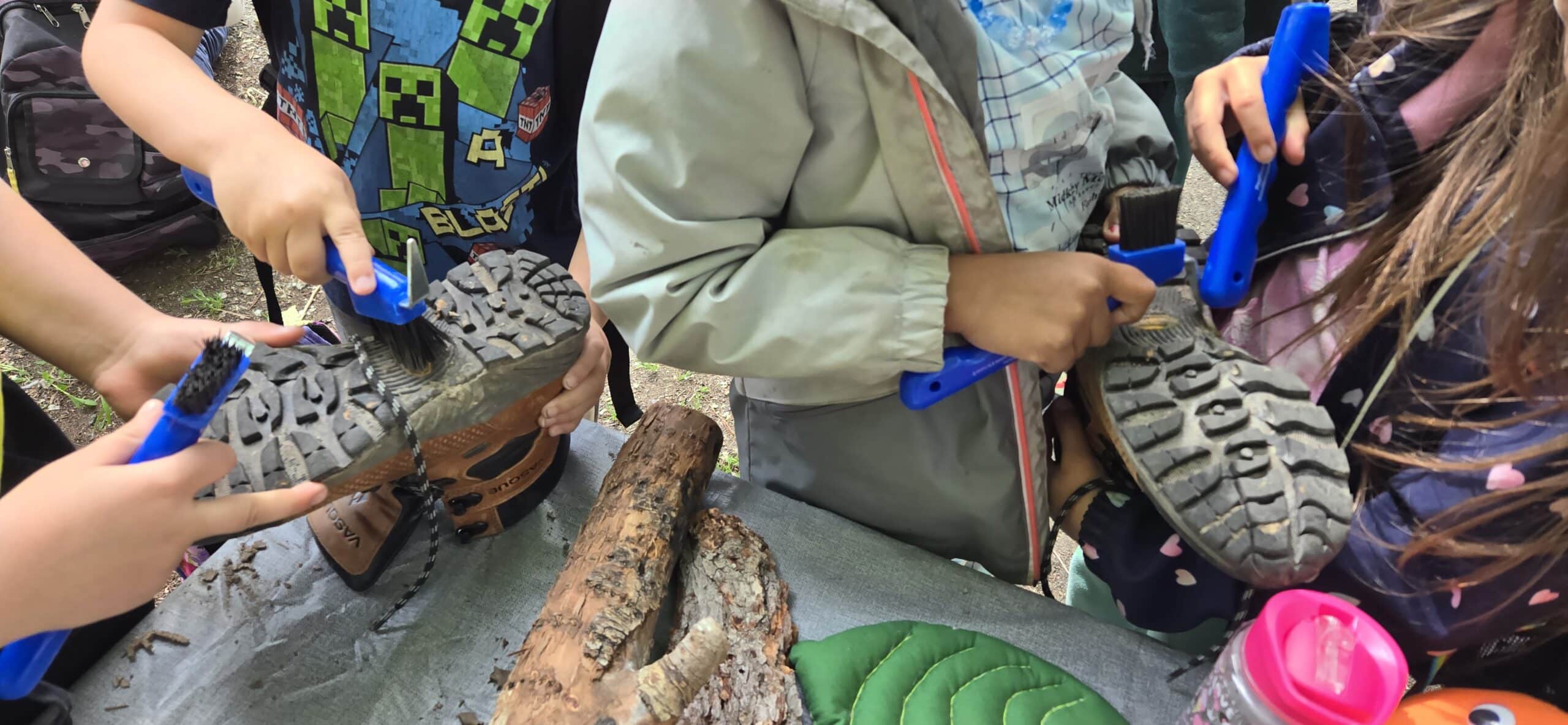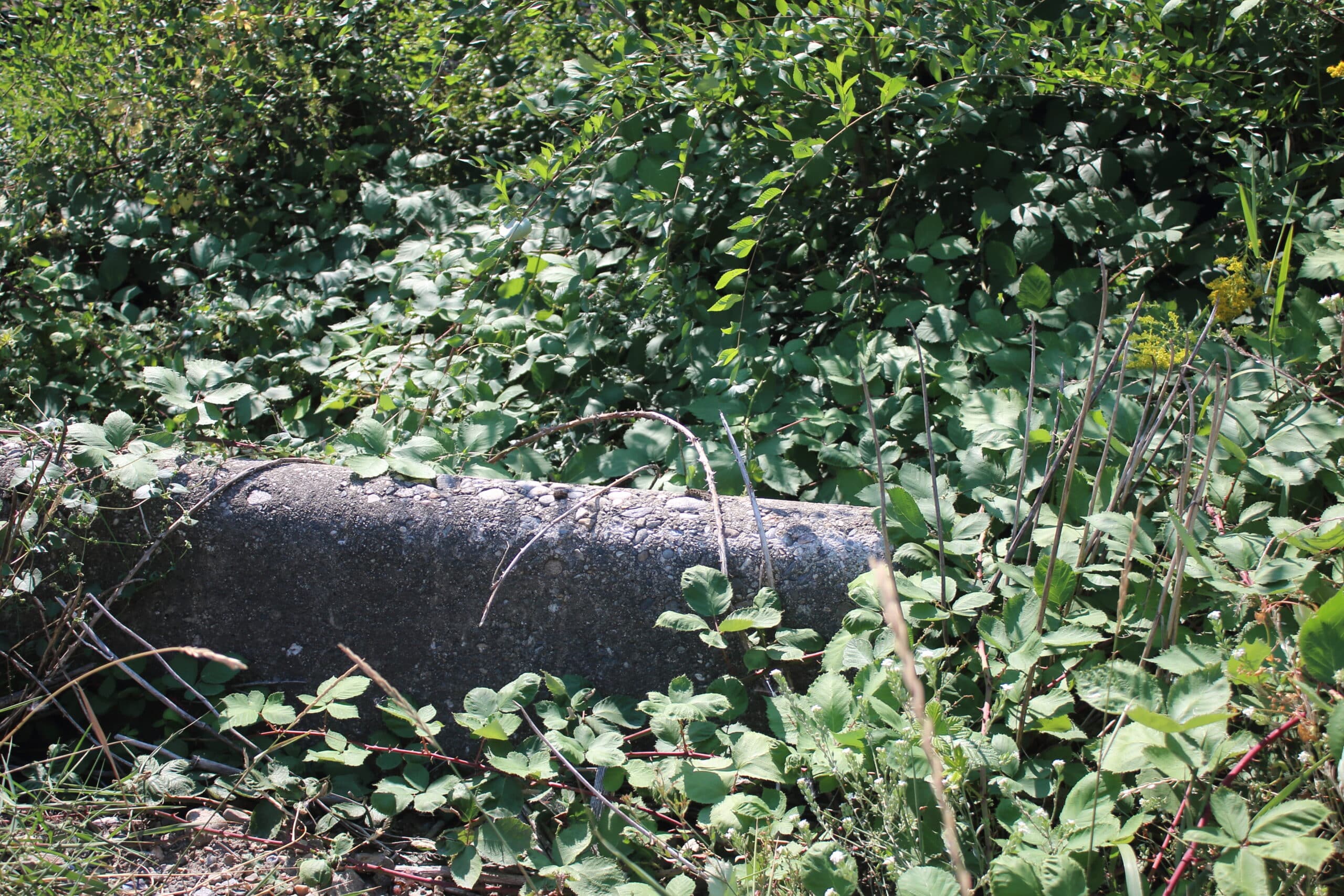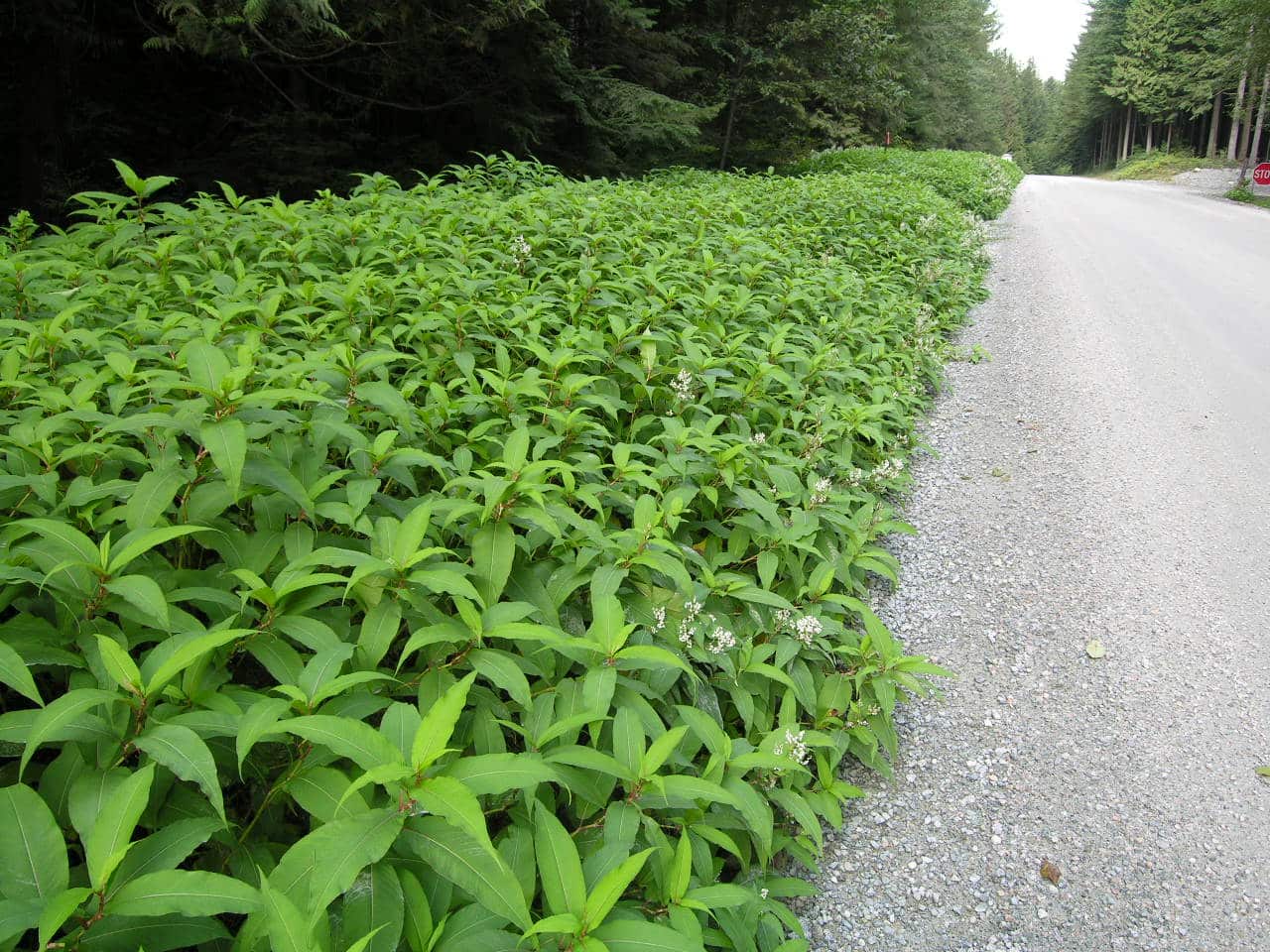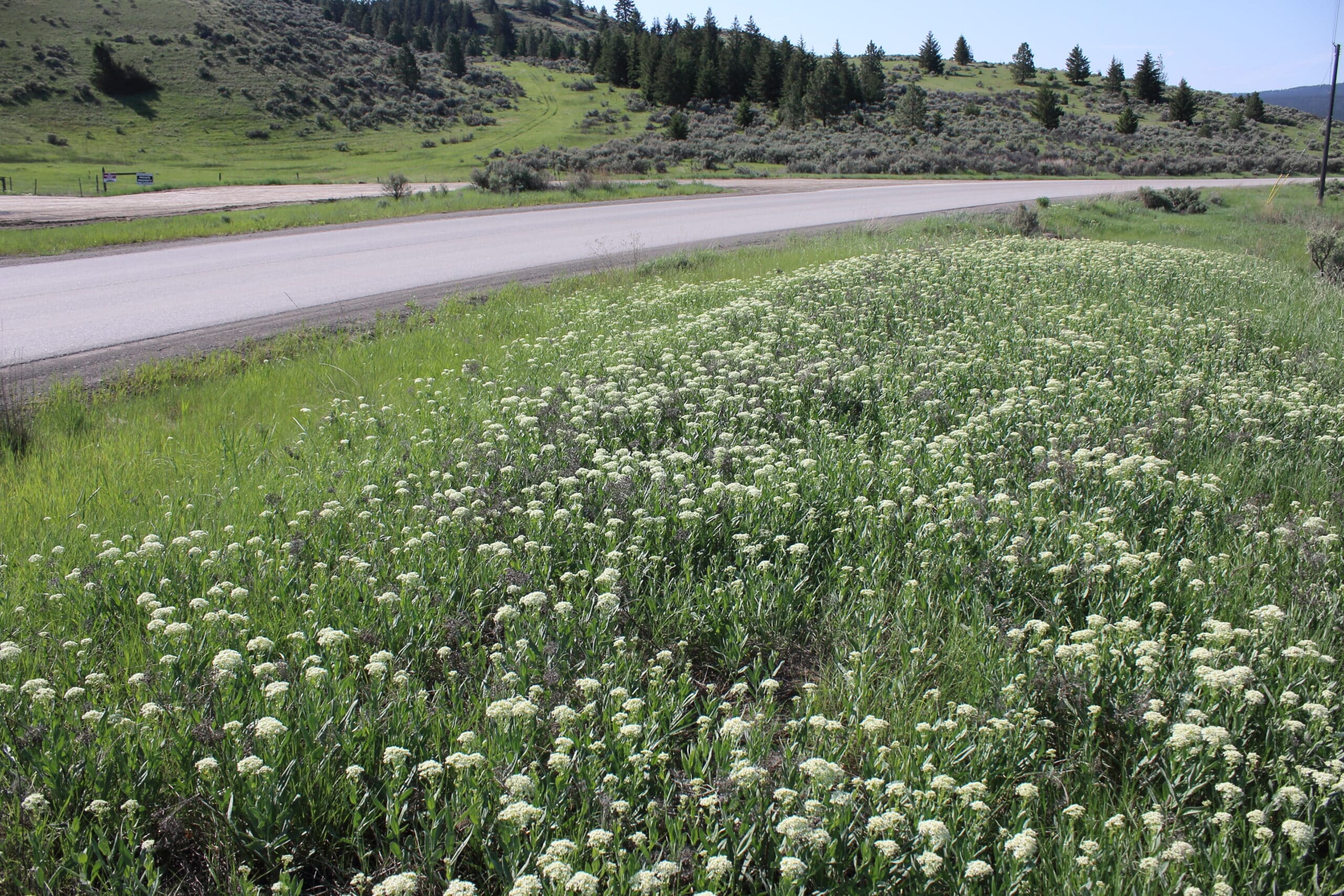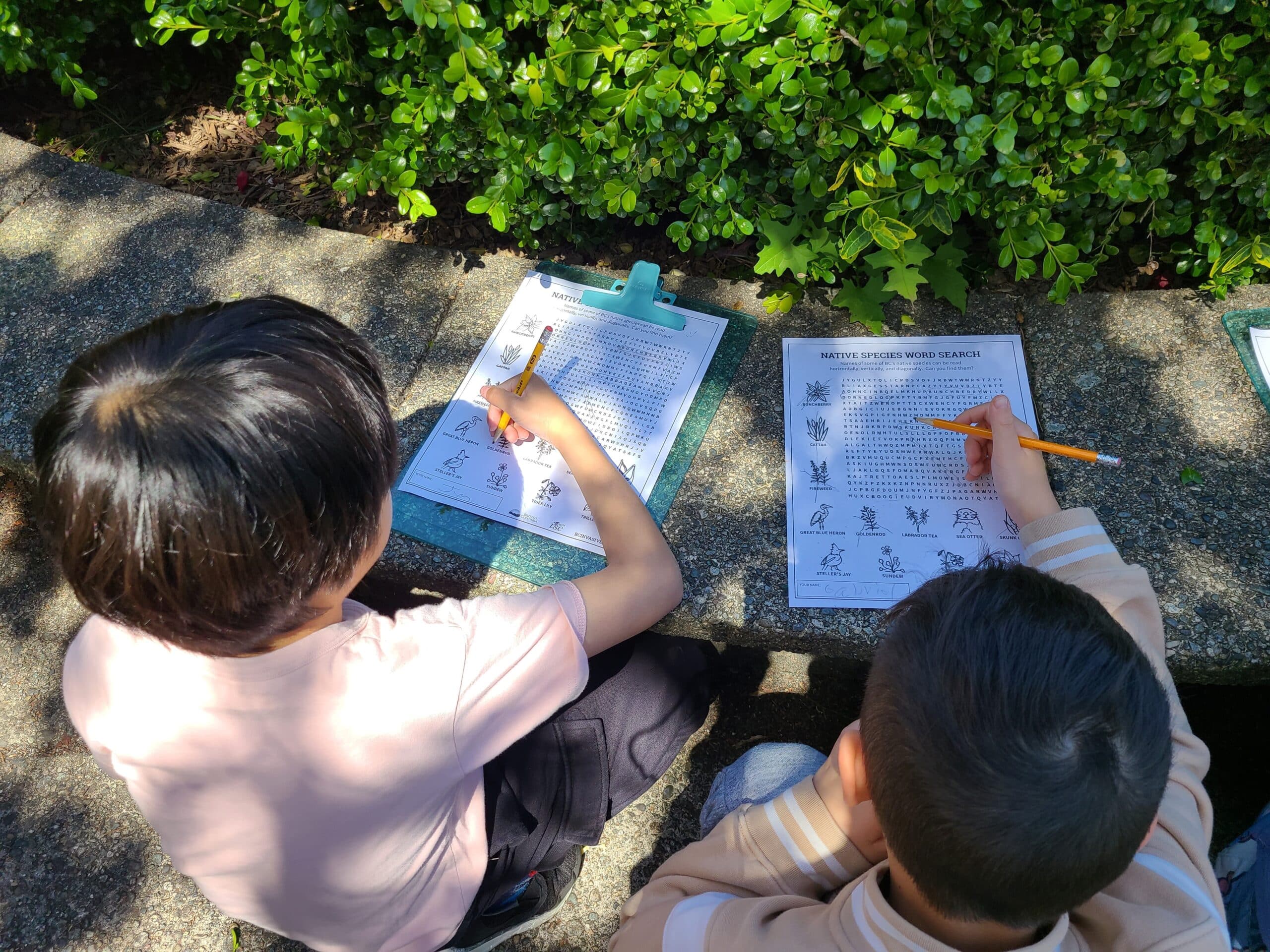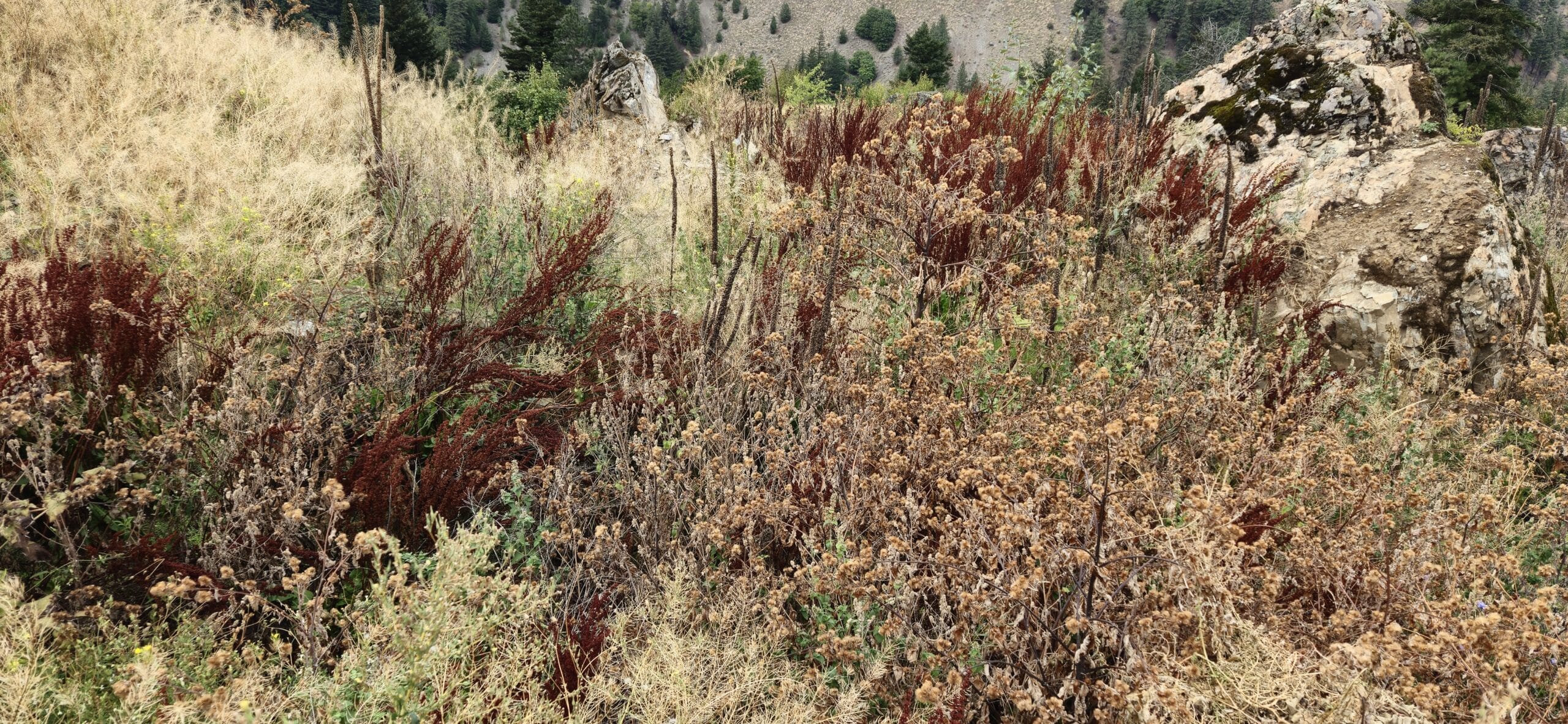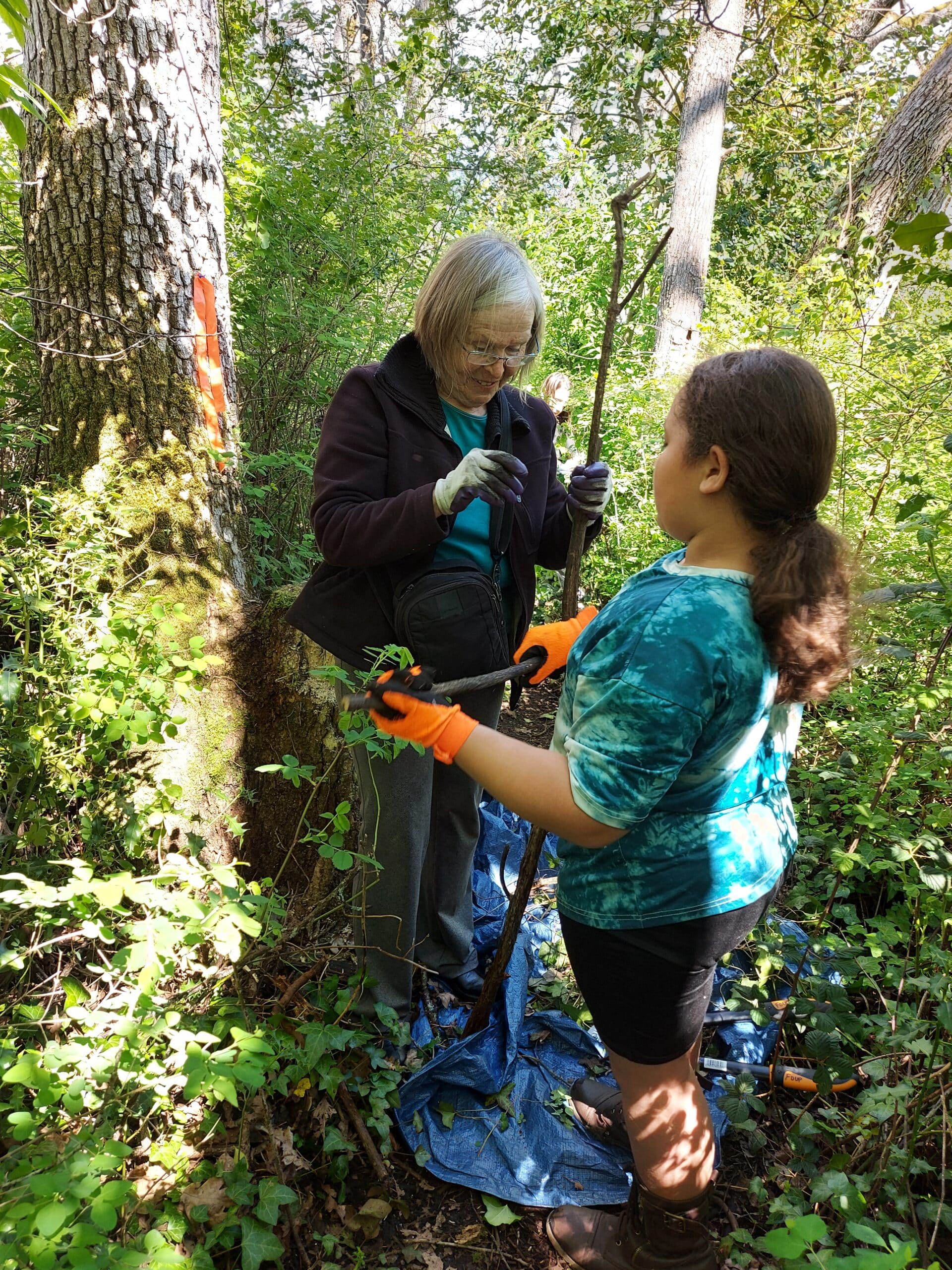Published October 13, 2021
This July, ISCBC staff sampled 11 Cariboo lakes for invasive Zebra and Quagga mussels.
The team installed substrate samplers and performed plankton tows to look for veligers, or tiny mussel larvae. The sampling is part of a much larger effort, part of the Provincial Invasive Mussel Defence Program, to keep BC lakes free of invasive mussels. Locations with high volumes of water traffic are selected as sampling sites, as they have a higher chance of invasive mussel introduction. To date, no invasive Zebra or Quagga mussels have been detected in BC waterways.
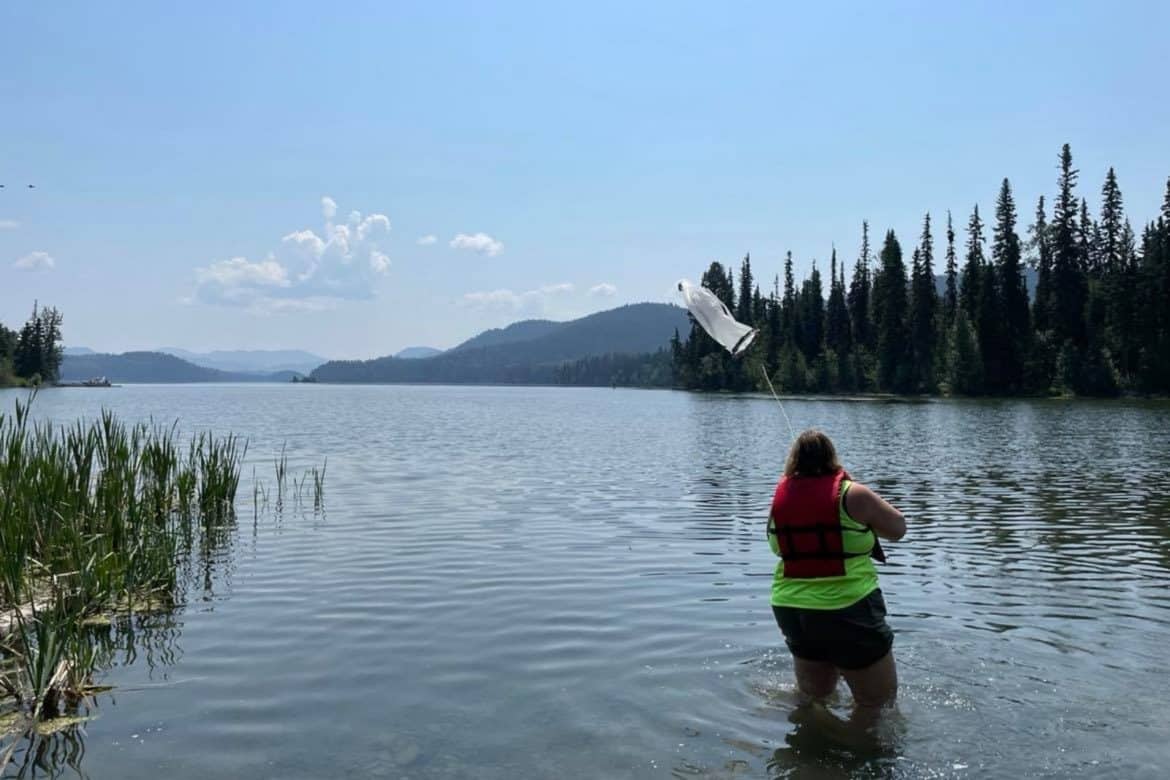
The sampling project builds on efforts from 2020, where ISCBC was one of several organizations working to monitor BC’s lakes for the potential arrival of Zebra and Quagga mussels. This important work is made possible through a Habitat Conservation Trust Foundation grant, with funding provided by the Ministry of Environment and Climate Change Strategy.
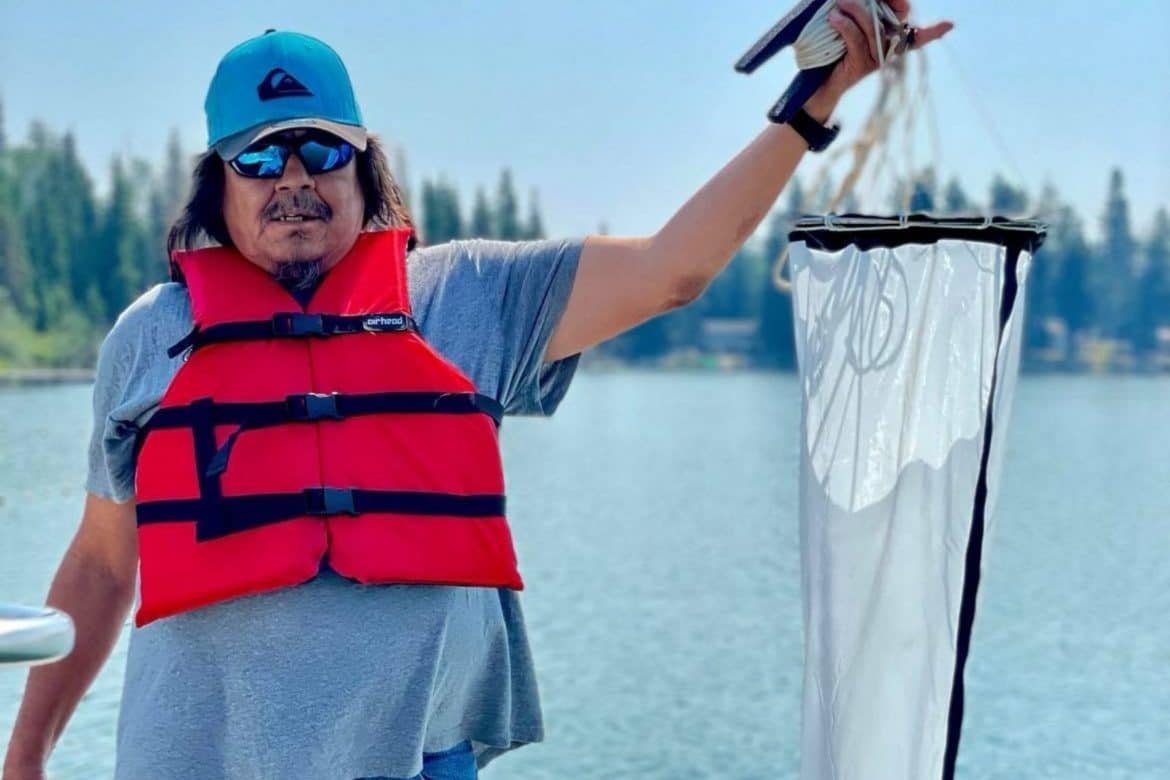
Zebra (Dreissena polymorpha) and Quagga mussels (Dreissena rostriformis bugensis) are fingernail-sized, freshwater mollusks that can easily attach themselves to objects and other organisms. These invasive mussels clog water treatment pipes and power plants, disrupt ecosystems, and are very difficult to remove. They can take over beaches, as the sand becomes littered with their razor-sharp shells. Read more about Zebra and Quagga mussels.
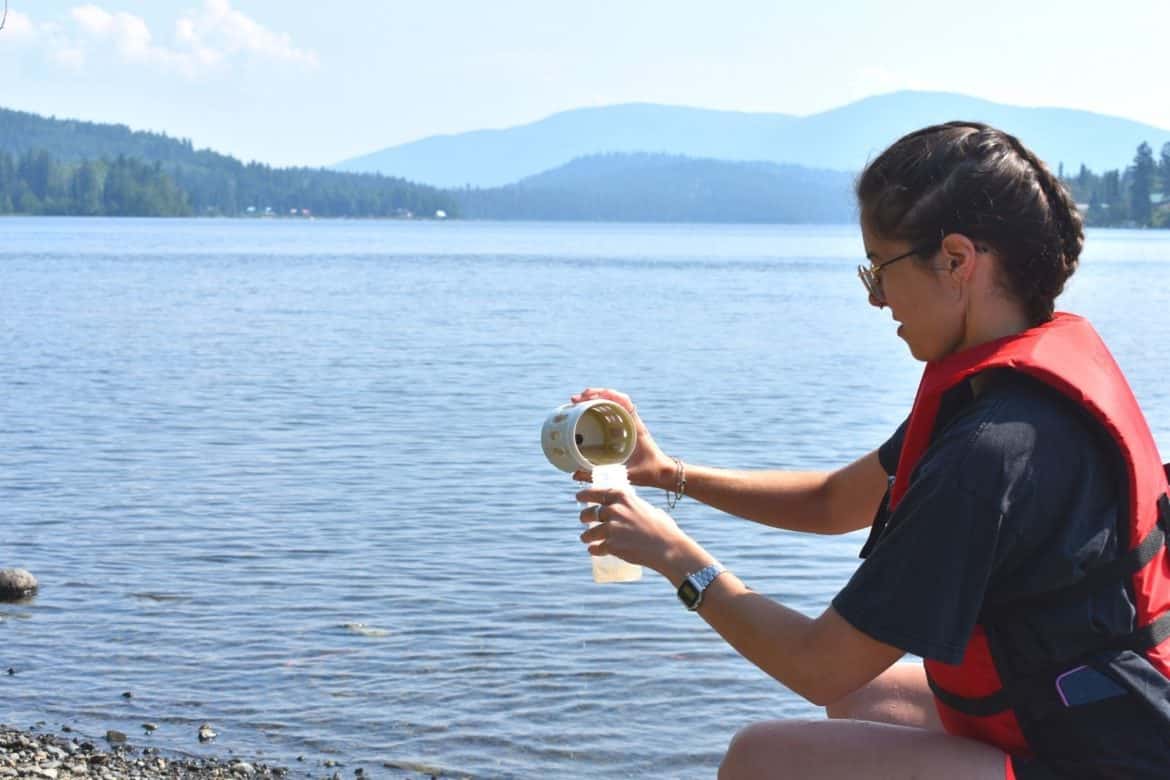
How can you help?
The public has an important role to play in the battle against invasive mussels. We can all help to prevent the spread of invasive species through our watercraft and gear by practicing Clean, Drain, Dry. Follow these three easy steps:
- Clean plants, animals and mud from your boat and gear.
- Drain all water from your boat and gear onto land.
- Dry all parts of your boat and gear completely.
Please report ALL sightings of zebra or quagga mussels to the Report All Poachers and Polluters (RAPP) hotline: 1-877-952-7277. If you are bringing your boat from out-of-province, contact the Provincial Program to determine if your boat is high-risk and should be decontaminated before accessing BC’s lakes and rivers. It’s free!
Share


